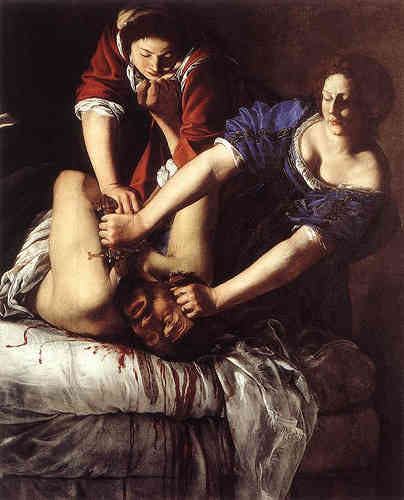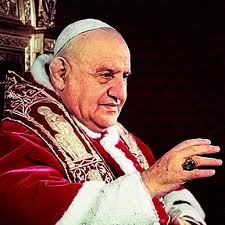
Debates over the virtue or vice of modern liberal political arrangements often boil down to narratives about violence, whether we are speaking of violence in its literal sense, or in the more metaphorical use made so fashionable by postmodernism, namely, the attempt to erase or neutralize difference. According to the eulogists of liberalism, it rescued us from the darker ages of religious tyranny, in which zealots of orthodoxy used political power to enforce uniformity, and even to violently persecute dissenters.

Carl Raschke argues that, given the ongoing debt crisis, political theology must more adequately grapple with economics, and in particular Keynesianism. The tradition of Catholic social teaching, particularly in the period of Popes John XXIII and Paul VI, already provides an example of a political theological response to Keynesianism, and, in both what it gets right and what it gets wrong, can serve as a resource to political theologians today.
The reader of the first three volumes of Agamben’s Homo Sacer series—the eponymous first volume, State of Exception, and Remnants of Auschwitz—could be forgiven for being skeptical. Though Agamben’s meditations on the question of sovereignty had an immediate purchase during the dark days of the Bush Administration, it could sometimes seem that he was guilty of stretching the concepts of the sovereign exception and bare life to the breaking point, forcing them to take on an explanatory burden they could not really bear. One could concede that when pushed to a certain extreme, the Western theologico-political machine breaks down into the confrontation of sovereign power and bare life, and perhaps even that the Western machine operates within the tension between the two—yet there is so much going on in that “between” that it seems impossible that it can all be accounted for in Agamben’s terms…